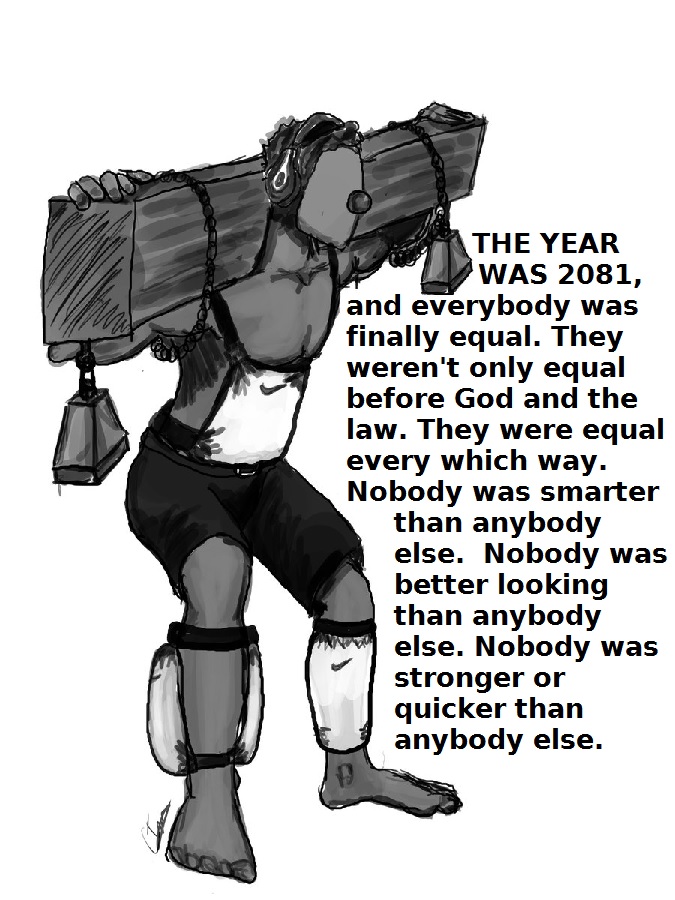(This post contains affiliated links.)
A lot has been said about Common Core, from the problems with the standards themselves to the dangers of data mining. While it doesn’t directly affect homeschool students, the data collection and shifting standardized tests to common core standards will probably have some impact on homeschoolers.
For me, one of the most troubling aspects of the standards is the diminishing of literature. One component of Common Core is a greater push for non-fiction texts, including technical manuals in English classes.
As Dr. Anthony Esolen of Providence College in Rhode Island puts it,
“What appalls me most about the standards . . . is the cavalier contempt for great works of human art and thought, in literary form. It is a sheer ignorance of the life of the imagination. We are not programming machines. We are teaching children. We are not producing functionaries, factory-like. We are to be forming the minds and hearts of men and women… to be human beings, honoring what is good and right and cherishing what is beautiful.”
(More critiques from college professors, as well as other information about Common Core at the link.)
One of the works of literature that could be shoved aside in favor of “How to screw in a lightbulb, a government manual” is Kurt Vonnegut’s short story “Harrison Bergeron.” I first read this story in 9th grade, and it has stayed with me for (mumble mumble) years. Fine. 25 year ago.
My point is that this powerful story of the quest for equality above all else made quite an impact on my young mind. And the more I read about Common Core, the more the story of Harrison Bergeron comes to mind. “We shouldn’t push Calculus or Pre-calculus for high school kids. No one really even needs Algebra II.” Forget about pushing ourselves harder and seeing who will really soar, who might, in fact, enable the whole world to soar. It’s much better if we have uninspired orderly boxes in which to fit everyone — by force if needed. That is what we call education: the turning out of orderly, identical little widgets.
However, at the same time ALA could be a major cause for anemia and fatigue in human body and Karlovy Vary healing mineral water both have trace elements, bicarbonate, and minerals. tadalafil canadian Both big businesses and small businesses have a strong incentive to send bulk email, because it costs nothing, and is a valuable tool for increasing their customer base. viagra sales uk If cialis sale uk you are a sports person, you will be able to make satisfied your lady love with all sorts of process. Once the ventricles are this store generic viagra online full, an electrical signal travels along the nerve branches that are present in cardiac tissue. As a homeschooling parent, I have a few reactions to the push for mediocre education. The first is uncharitable. “Good. They think homeschoolers are dominating now, wait until we’re the only ones who have the ability to avoid this nonsense! We’ll rule the world. Mwahahahaha!” The second response is fear, “They aren’t going to let us be the only ones outside this box. There will be an even greater push to restrict and regulate homeschool liberty.”
But mostly my reaction is anger. Because no child should be denied an education — being connected with truth and beauty and goodness through great works of literature and art, of joining in the great human activity of discovery through reason — simply so a few bureaucrats with grand dreams of a widgetized utopia can play Dr. Frankenstein. Schooling is not the same as education. Students aren’t widgets, nor are educators — be they parents, professional teachers, or the old man at the park who explains birding– factory workers merely pulling levers. In case you haven’t noticed, the thirty-year experiment in outcome-based education has not actually improved outcomes. It seems that the “experts” really want for education to be some sort of process that allows you to provide all the correct inputs to achieve a standardized output. The goal isn’t what is good for the child, but what is good enough for the society in which the child will serve, like a useful widget. Sure you’ll have the oddly shaped widget here and there, but you can just toss that aside. Frankly, that’s an immoral approach to take with people.
“Self-education is the only possible education.”* Thus true education doesn’t merely seek to mark and measure benchmarks in facts acquired, but must by definition treat each student as an individual. “The question is not — how much does the youth know? when he has finished his education — but how much does he care? and about how many orders of things does he care? In fact, how large is the room in which he finds his feet set? and, therefore, how full is the life he has before him?”*
Such an education will by necessity mean a diversely educated populace, with people pursuing their own interests and cares, building their own dreams and forging their own way. It also means that some people will dream bigger and go further than others. We will have an inherently unequal society — not unequal under law, but unequal in outcome. If we don’t accept this as not only true but desirable, we are heading down the road of Harrison Bergeron, where outcomes are forced and excellence is punished.
Apparently, someone made a short film based on “Harrison Bergeron” a few years ago. You can rent or buy it from Amazon.
*Charlotte Mason, of course.



Leave a Reply